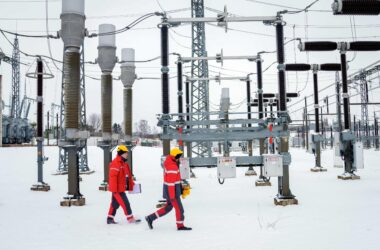In the year leading up to the European elections, the EU Commission funneled €132.88 million into media outlets—yet exactly who received the money remains a mystery. The Italian newspaper il Fatto Quotidiano first reported on the funding, revealing that the allocation process lacked transparency and bypassed the usual public tenders.
The distribution involved key EU institutions, including Commission President Ursula von der Leyen, European Parliament President Roberta Metsola, the European Council, and the European Investment Bank. Unlike the standard media grants awarded through open bidding, this massive sum was handled through an opaque administrative procedure.
The French agency Havas Media France, a subsidiary of the media conglomerate Vivendi, managed the fund’s distribution. However, due to the process’s secrecy, there’s no public record of which media outlets received money. While Havas has a framework agreement with the EU, the specific details remain under wraps.
When il Fatto Quotidiano pressed for answers, Brussels dodged the question, instead pointing to a complicated bureaucratic process under Article 15 of the Treaty on the Functioning of the EU. Whether this route will uncover the full details remains uncertain, as the EU appears determined to keep the information hidden.
This raises serious concerns: Was the EU essentially buying media influence ahead of the elections? Did this massive cash injection compromise press independence? Brussels insists that the funding didn’t distort market competition, but without transparency, critics argue the Commission may have undermined the free press to steer election outcomes in its favor.




